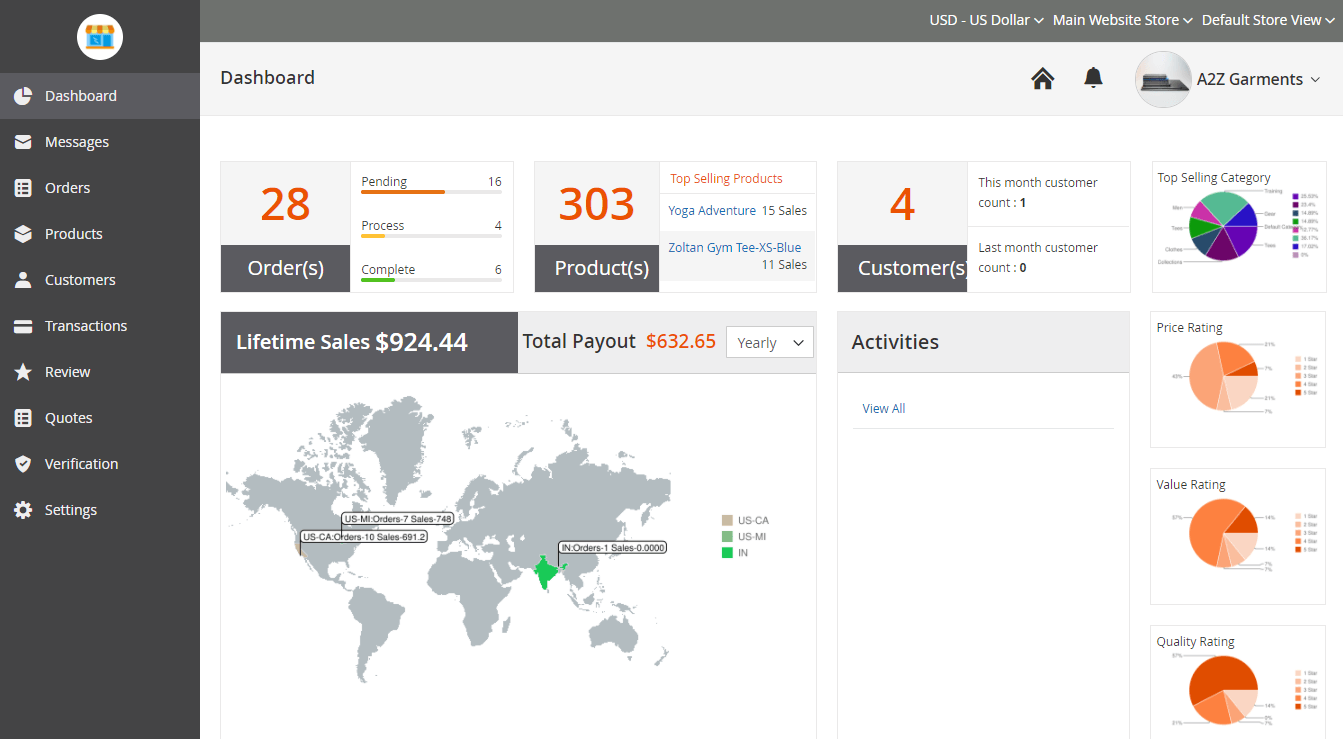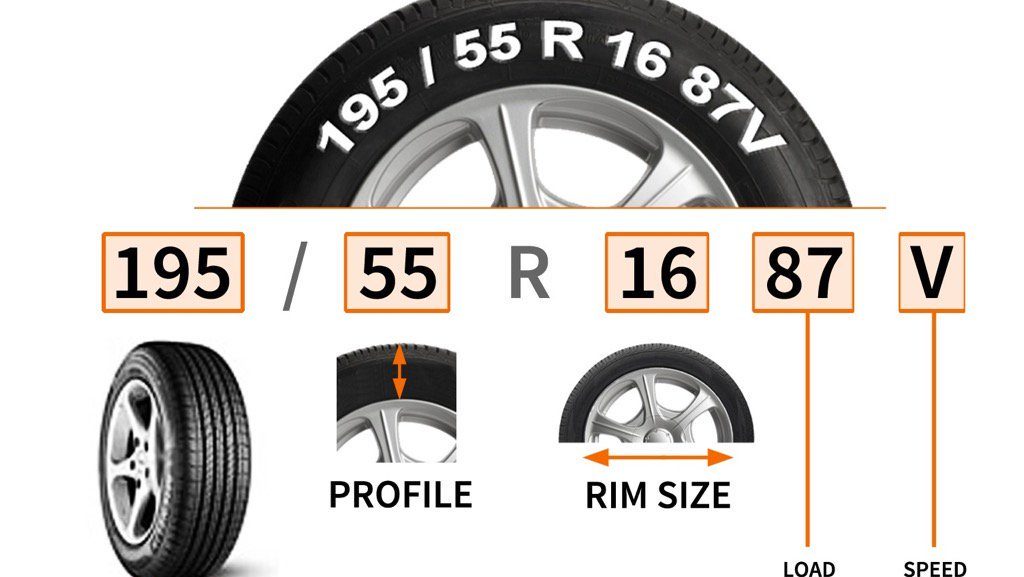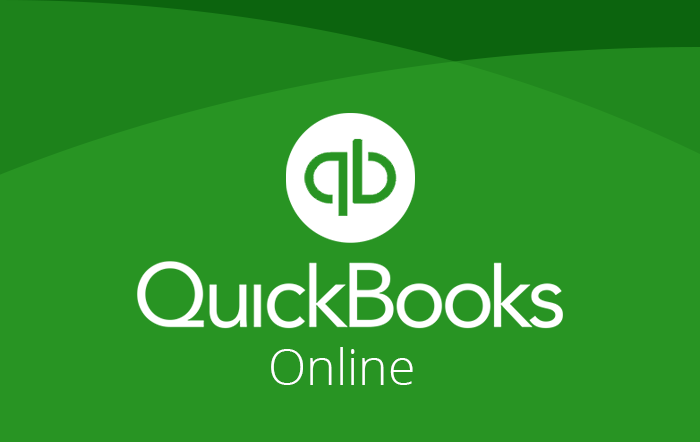The annual report released by the Reserve Bank of India for 2016-17 shows that several new sources of finance have come up in India. Start-ups and small & medium enterprises (SMEs) are increasingly approaching non-banking finance companies (NBFCs), including FinTech companies, to apply for business loans.
According to the report, NBFCs evolved as key lenders to businesses, particularly to micro, small and medium enterprises (MSMEs). The data show that NBFCs along with housing finance companies offered Rs 2.59 lakh crore in loans to commercial organisations, meeting 18% of their total credit needs. The share of the NBFCs in this matter had increased by 28% when compared to FY16.
The flexible credit policies of FinTechs (that are digitally operating NBFCs) have played a significant role in making this source a popular option for commercial borrowers. The business loan eligibility factors outlined by them make it easy for new ventures to procure the amounts they need for expanding, revamping and upgrading their operations.
If you plan to apply for a business loan and had only been looking through the options provided by private and public sector banks, it will be worthwhile to go a step further and see what a FinTech can offer you. Check how much you can borrow by using the business loan eligibility calculator of this new-age finance source that has successfully helped thousands of new businesses move to the next stage of their growth.
To keep yourself better prepared, be aware of these factors that affect an enterprise’s eligibility for business loan:
Years in the industry:
To prove its creditworthiness, a business must maintain some records reflecting upon its earning capability and the capacity to pay back. The venture should be making sufficient revenues to meet its general liabilities – such as payment of salaries to staff, purchase of inventory and tax payments – and it should have a margin to meet the new liability of loan repayments. To qualify for a business loan from banks, most organisations are required to have an operational history of 3 to 4 years. However, an established FinTech company can provide loans in the form of merchant cash advance to companies that have been operational for only a year.
Minimum turnover:
As a business loan eligibility criterion, the minimum turnover expected from a business can vary between Rs 20 lakh to 1 crore. It depends upon the kind of loan being applied for and the funds that the organisation expects to get.
Term loans that are granted for a period of 1-3 years generally need a higher annual turnover because the limits of the amount provided in the loan are also high. The repayment schedule of such credit products through equated monthly instalments (EMIs) is spread over a duration of 1-3 years. On the other hand, to qualify for a merchant cash advance that is given on the basis of monthly card settlements by the business, a turnover of Rs 20 lakh coupled with a card-based transaction volume of about Rs 5 lakhs a month can suffice. The exact amounts vary from one lender to another.
Collateral Requirements:
The loans that your business get from a bank generally have to be secured with collateral. This implies that you need to pledge an asset of significant financial value to the lender until the time you fully pay off the loan. The asset could be an immovable property such as your business premises or its account receivables or any other collateral that the lender deems to be acceptable against the loan.
FinTech companies do not ask for hypothecation of any collateral while granting business loans. The capability of your enterprise to pay back in time is enough to help it qualify for the credit. Therefore, if you own an asset that you would rather sell in the near future instead of pledging it to a bank for a business loan, approaching a FinTech will be a good option. You can conveniently get an unsecured loan from this source and bypass the business loan eligibility criterion of collateral.
Documents:
The creditworthiness of your business is principally established by its history in the industry and its turnover. These, in turn, need to be authenticated by the relevant paperwork. Therefore, while applying for a business loan, ensure that you have the right documents to supplement your application. These usually include:
- Bank account statement for the past six months
- Know your customer (KYC) document for the business and the business owner – Aadhar Card, Copy of PAN and TAN cards and/or any other documents proving the identity of the concerned entities
- Income Tax Returns (ITR) filed by the business for the last 1-2 years
- Latest GST returns filed by the business
- Letters and payoff receipts concerning loans if any, taken earlier
When you apply for credit in the form of merchant cash advance, you will also be asked to submit some additional documents that verify the payments by credit cards.
A benefit of applying for unsecured business loans from a FinTech is that such papers need to be sent only in their soft copy formats to the lending institution. In case any document is missing, you can get in touch with the customer service representative of the lending institution and seek its replacement with an alternative document to corroborate your business’s eligibility to avail a business loan.
Repayment schedule:
The repayment of a loan starts in the same month that it is procured from formal lenders such as banks and NBFCs. The total amount comprising the principal, the loan processing fee and the interest rate is broken into affordable monthly instalments.
Most businesses find it easier to make such small payments throughout the predetermined tenure. However, wouldn’t you like to pay off the outstanding balance if your business makes better profits than expected in a certain quarter? While the thought of being debt-free is good, it is cumbersome to pay an extra ‘prepayment penalty’ for the early payoff. The good news is that FinTechs do not levy these extra charges on their clients. You can repay your loan in instalments or in a lump sum after some EMIs: there will be no additional fee or penalty.
With an assortment of options in the finance industry and the RBI also acknowledging the role of NBFCs as significant business lenders, it is worthwhile to explore this new supplier of credit for a quick business loan.















